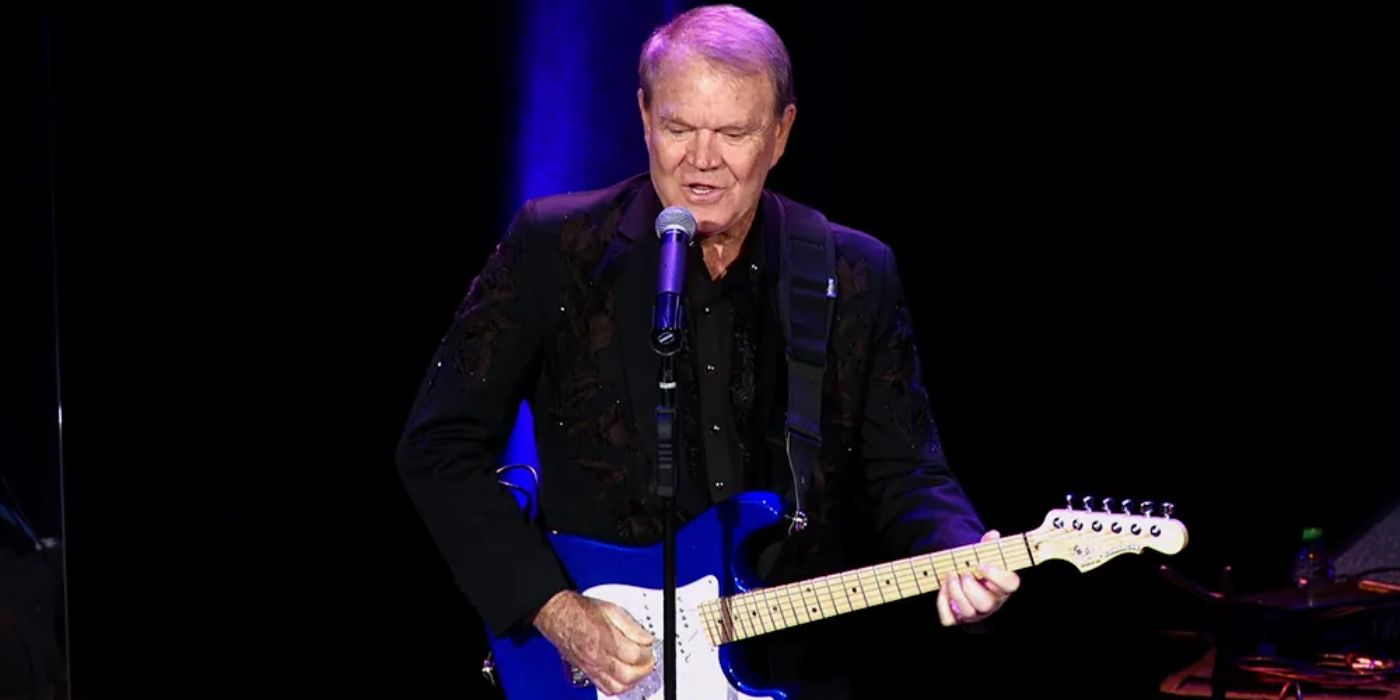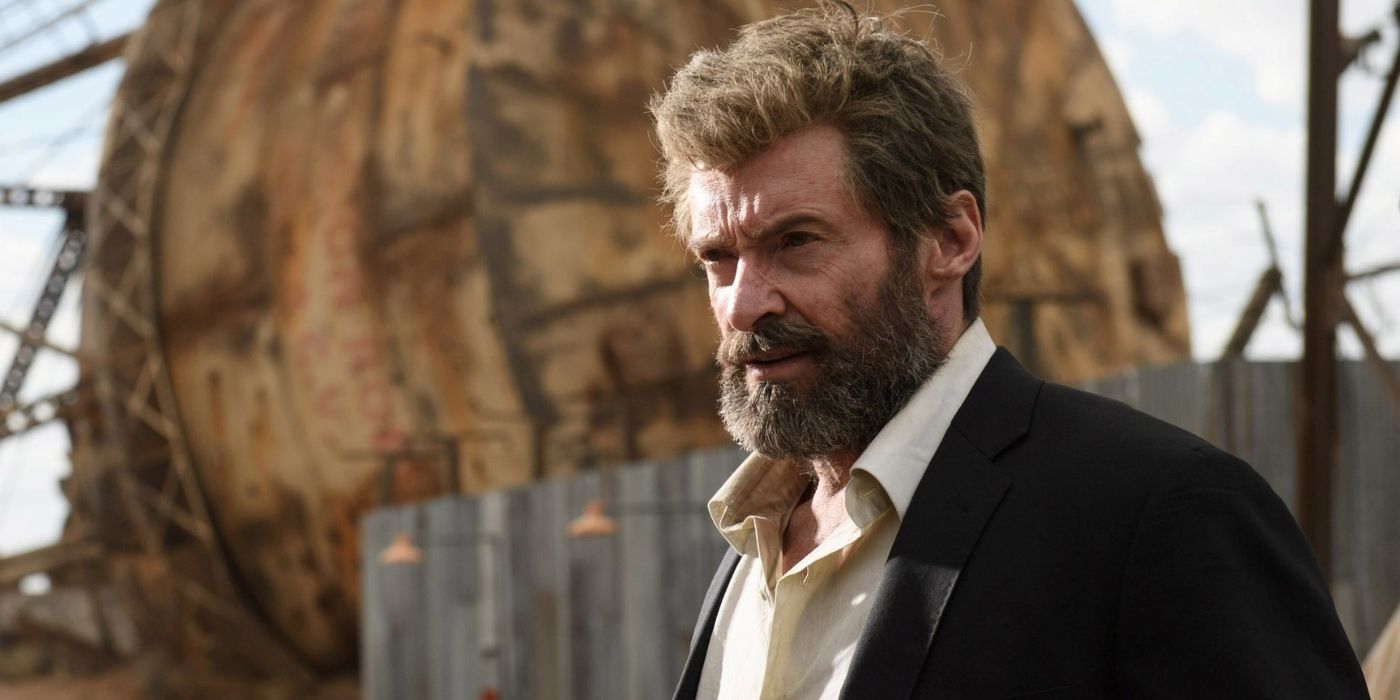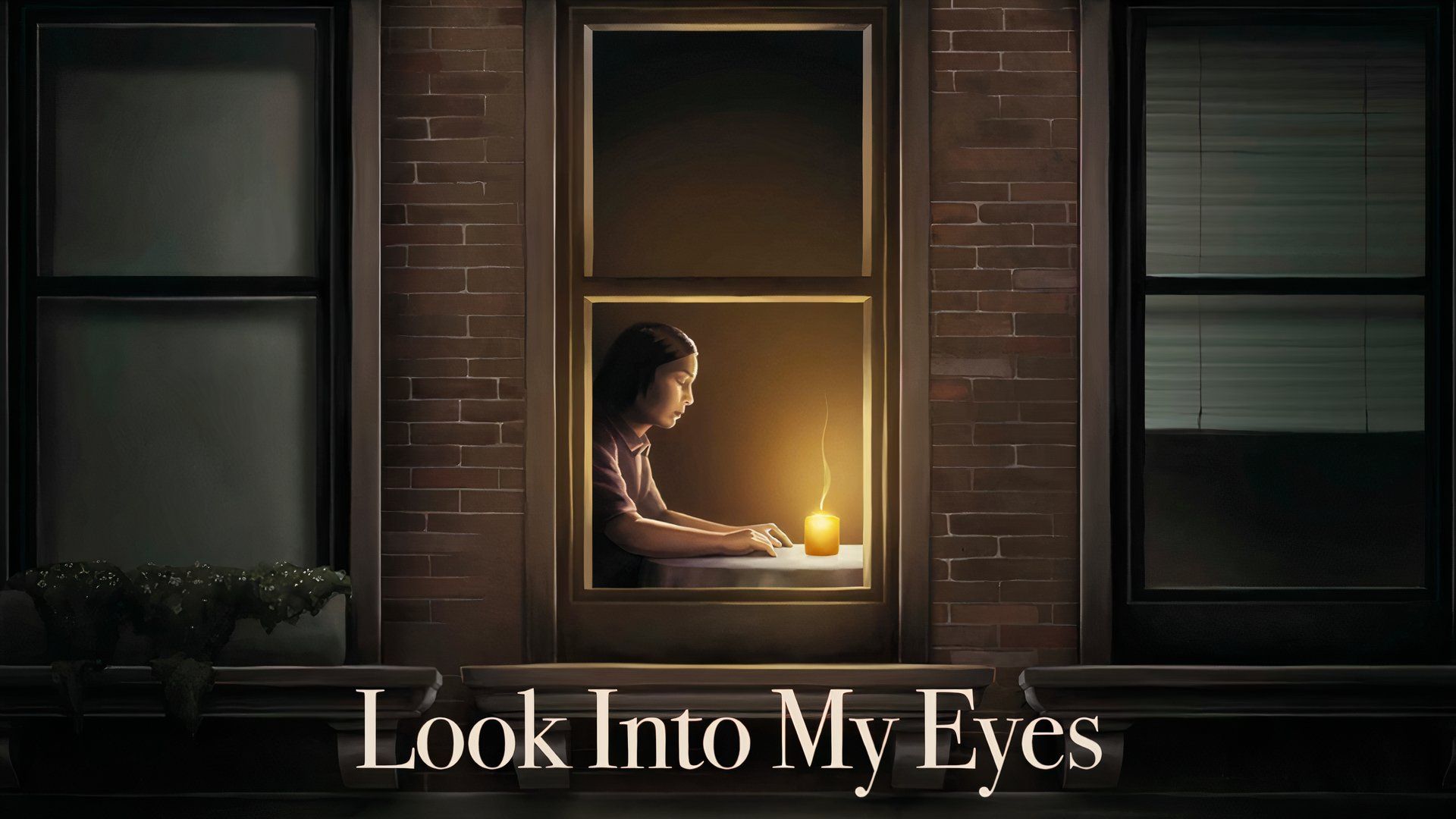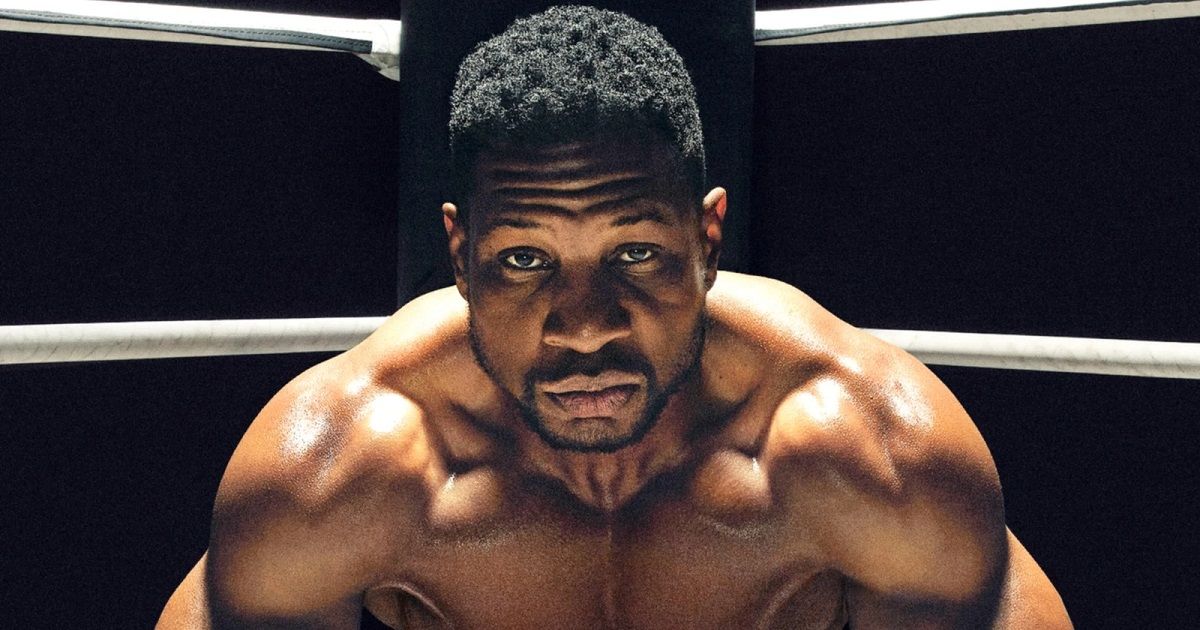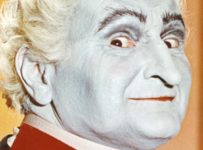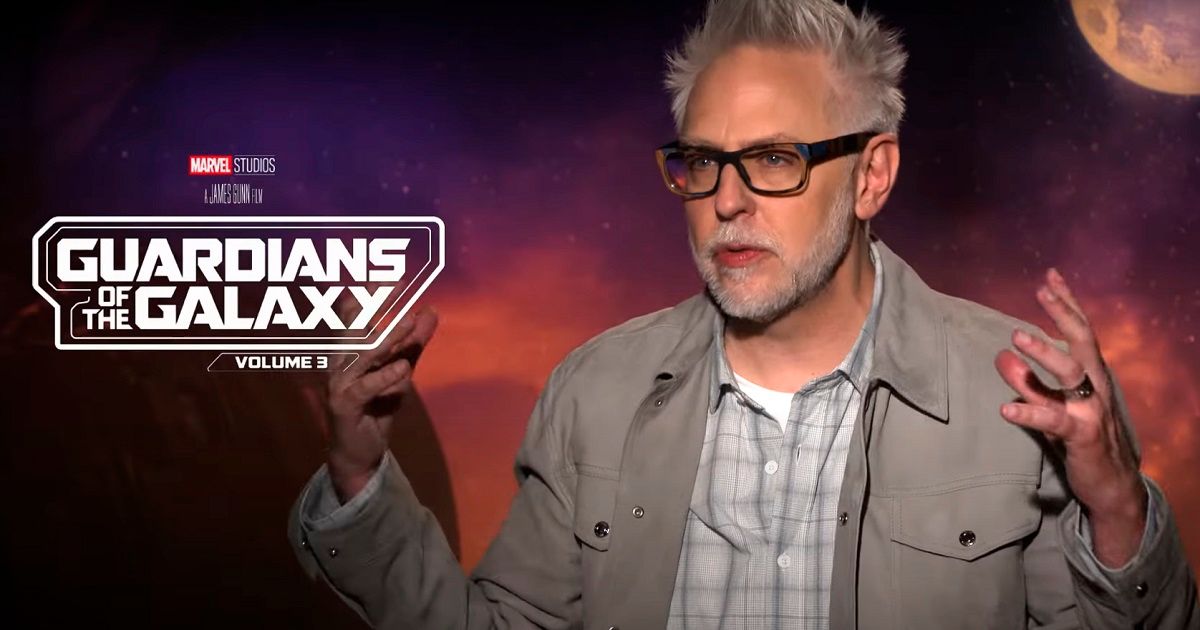Simu Liu stars as Shang-Chi, a key piece to a broken family that has a history of infighting. The dysfunctional family dynamics are even more important than the ten rings that grant such immense power to Shang Chi’s power-hungry father Wenwu, who has lived for 1,000 years and created a society called the Ten Rings that has destroyed kingdoms and swayed the events all over the world. When Wenwu found love with Jiang Li (Fala Chen), there was peace. They married and started a family. But after Shang-Chi’s mother died, a newly monstrous Wenwu tried to mature his son by making him a killer, causing the young boy to leave behind his sister Xialing (Meng’er Zhang) and Wenwu. Cretton, who previously directed “Short Term 12,” an Avengers-like showcase of indie rising talent (Brie Larson, Keith Stanfield, Rami Malek, etc.) keeps those visceral, personal stakes in this script (by himself, Dave Callaham, and Andrew Lanham), so that the superhero context is a bonus to the drama. The film is a mega-budget ballet, one that glides and floats over an abyss of grief.
This backstory comes for Shang-Chi, known as an American adult as Shaun, when he rides the bus with his friend Katy (Awkwafina) up and down the hills of San Francisco. A group of henchmen attack Shang-Chi for a green pendant he wears around his neck, and in a beat that’s prefaced like a power-up (to Katy’s funny surprise), Shaun’s immense courage suddenly comes to light. So too do his fighting skills, which help make for an incredible melee scene of hand-to-hand combat that has the camera gazing for long shots and freely going in and out of the moving bus, just like its impromptu hero. The scene lacks for its yowch-factor—especially compared to how “Nobody” did the same thing with appropriate blood earlier this year—but it side-steps that element by being fast-paced, even longer than you think it’ll be, and very funny. It’s the birth of an action star in Liu, and an amazing debut for a character who will find himself in fight scenes here of escalating intensity.
The power for this film, however, comes through in the eyes of his father, Wenwu. One of the movie’s most brilliant choices is casting Tony Leung so that can repeat the same magic he’s had from countless romances and dramas in Hong Kong. Leung rules this movie. With the same silent passion and stillness that made “In the Mood for Love” one of the greatest romances of all time, Leung destroys armies, raises a family, and struggles to resist destructive grief; his presence is made all the more powerful by the ten blue rings that help him slingshot around and destroy whatever is in his path. When he hears the voice of what could be his wife from behind a cave of rock, Wenwu becomes a Darth Vader-like tyrant, driving a campaign to rampage through the mother’s magical home known as Ta Lo, in order to get to a cave that everyone else knows (including his son and daughter) has an apocalyptic, soul-sucking dragon inside. It’s the best performance from the Marvel Cinematic Universe, because the passion and grief it expresses is appropriately Leung-sized.
You can view the original article HERE.










